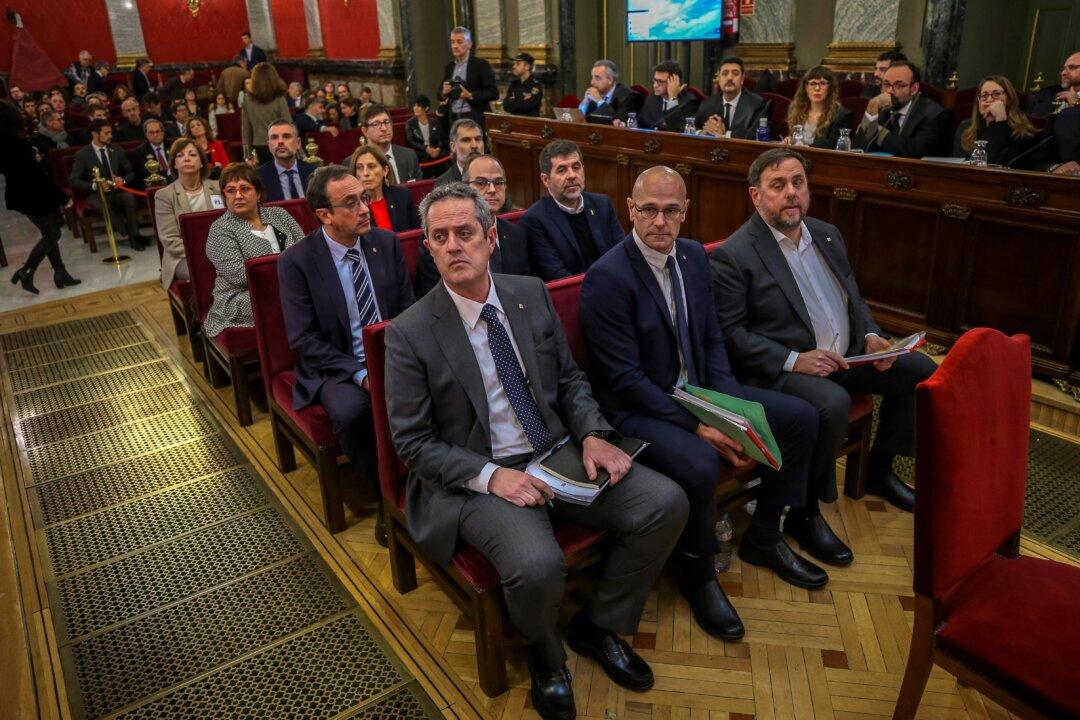MADRID—Politics is normally decided at the ballot box in modern democracies but, in Spain, it’s been events in the courtroom that have proved decisive.
Within a year, two governments have been brought down by two very different trials.

MADRID—Politics is normally decided at the ballot box in modern democracies but, in Spain, it’s been events in the courtroom that have proved decisive.
Within a year, two governments have been brought down by two very different trials.